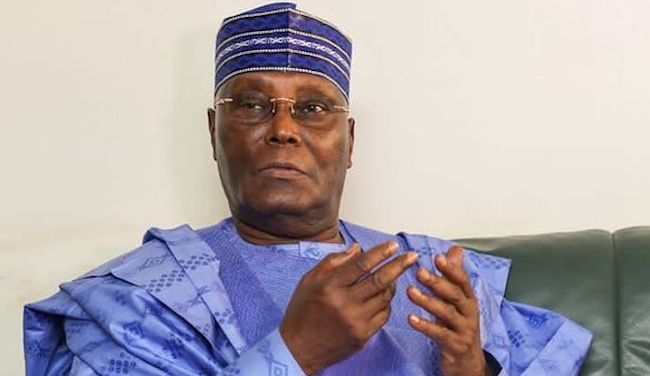The Nigerian political landscape has erupted in fresh controversy as the Presidency launched a scathing attack on former Vice President Atiku Abubakar, accusing him of harboring jealousy over President Bola Tinubu’s ascension to power. This latest political confrontation emerged following Atiku’s social media critique titled “What We Would Have Done Differently,” which prompted a forceful response from the presidential office.
In a strongly-worded statement issued through the Special Adviser on Information and Strategy, Bayo Onanuga, the Presidency suggested that Atiku’s recent behaviors reflect a pattern of bitterness stemming from his sixth unsuccessful bid for the presidency. The administration particularly highlighted what they perceive as Atiku’s preoccupation with undermining President Tinubu’s leadership rather than addressing the internal challenges facing his own People’s Democratic Party (PDP).
The presidential response took specific aim at Atiku’s economic proposals, dismissing them as “untested, hypothetical proposals” that had already been rejected by Nigerian voters during the 2023 electoral process. The Presidency argued that merely repackaging these previously rejected ideas wouldn’t address the complex socio-economic challenges that, according to them, were largely inherited from the PDP’s 16-year tenure in power.

In what appears to be a direct challenge to Atiku’s leadership capabilities, the Presidency criticized his suggestion for a consultation period upon assuming office, contrasting it with what they described as President Tinubu’s immediate, decisive action approach. A leader must be ready to tackle challenges from Day One, as President Tinubu has done,” the statement emphasized, suggesting that Atiku’s proposed approach demonstrated a lack of understanding of Nigeria’s urgent economic needs.
The confrontation took an even more personal turn when addressing Atiku’s allegation of Tinubu “stealing his presidency.” The Presidency rejected this claim outright, instead pointing to what they characterized as Atiku’s sense of entitlement and disconnection from the electorate. They further argued that his presidential ambitions were compromised by what they described as his arrogance and insensitivity to Nigeria’s diverse nature, particularly highlighting his alleged disregard for his party’s power rotation arrangement between the country’s North and South following President Muhammadu Buhari’s eight-year tenure.
This exchange represents more than just a war of words between political rivals; it underscores the ongoing tension between the current administration and the opposition regarding Nigeria’s economic direction. The Presidency’s robust defense of Tinubu’s economic reforms, coupled with their dismissal of Atiku’s alternative proposals, suggests an administration determined to maintain its course despite criticism from opposition figures.
The timing of this confrontation is particularly significant as it comes amid ongoing debates about the effectiveness of the current administration’s economic policies. While the Presidency maintains that their approach represents necessary and decisive action, the opposition, led by figures like Atiku, continues to question both the methods and outcomes of these reforms.
The accusation of jealousy directed at Atiku adds a personal dimension to what is essentially a policy debate, potentially shifting public attention away from the substantive economic issues at hand. This approach by the Presidency could be seen as an attempt to discredit opposition criticism by framing it as personally motivated rather than policy-based.
This latest exchange also highlights the continuing influence of Nigeria’s regional politics, with the Presidency’s reference to power rotation arrangements touching on one of the country’s most sensitive political issues. The suggestion that Atiku disregarded these arrangements adds another layer to the administration’s criticism of his political approach.
As this political drama unfolds, it raises questions about the nature of opposition politics in Nigeria and the ability to maintain constructive policy debates amid personal accusations and counter-accusations. The exchange also underscores the challenges of navigating Nigeria’s complex political landscape, where policy discussions often intersect with personal rivalries and regional considerations.
This confrontation seems likely to further polarize Nigeria’s political space, potentially complicating future attempts at constructive dialogue between the government and opposition figures. As the country continues to grapple with significant economic challenges, the ability to move beyond personal rivalries and focus on substantive policy discussions may prove crucial for addressing these pressing national issues.




